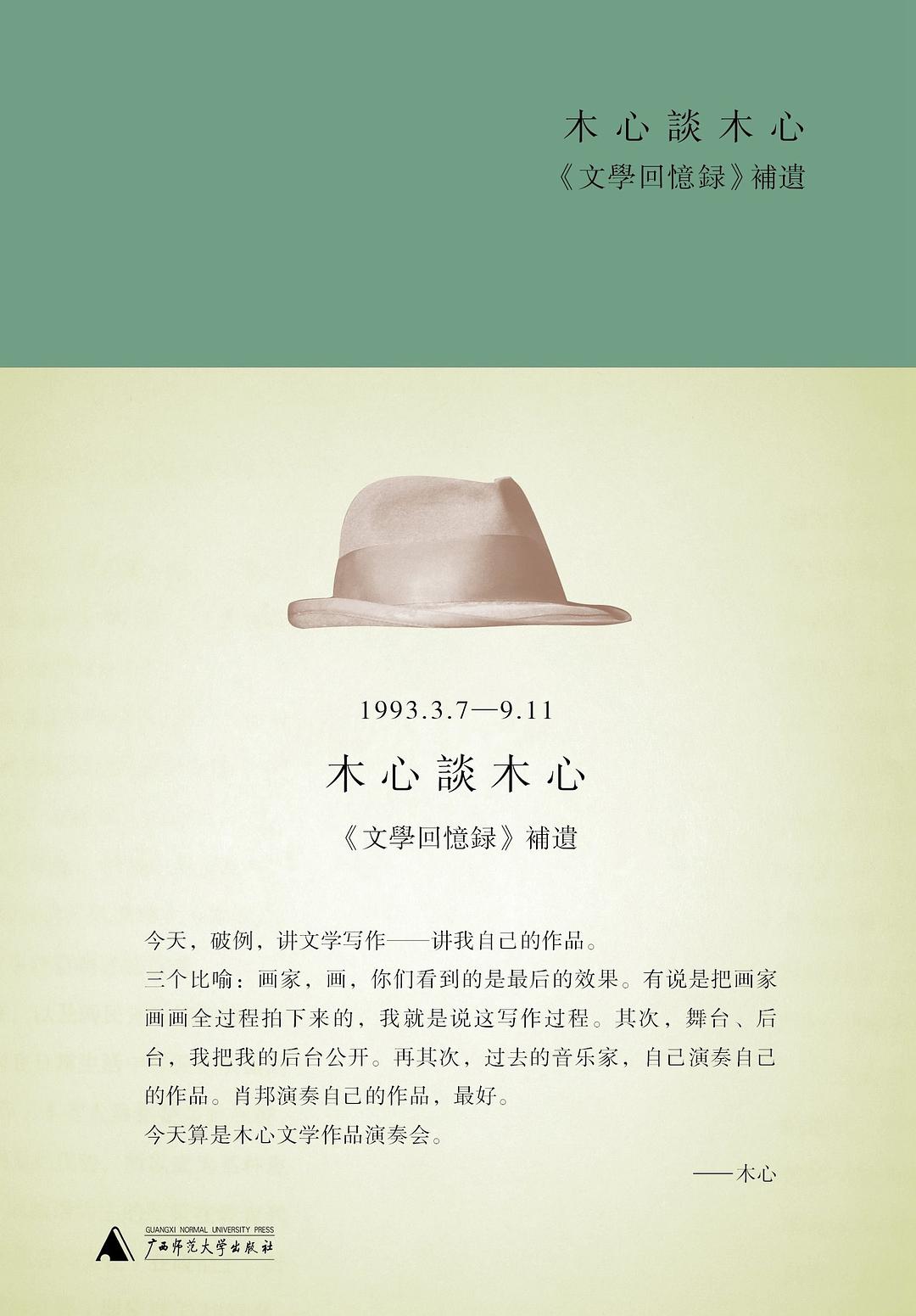WULOLIFE
《木心谈木心》副标题: 《文学回忆录》补遗 作者: 木心讲述
《木心谈木心》副标题: 《文学回忆录》补遗 作者: 木心讲述
Couldn't load pickup availability
Description
内容简介 · · · · · ·
1993 3 years 7 years 9 years 11 years 2013录》出版了。出于当时的顾虑。近经商酌,为读者考虑,仍以他的笔记为依据,编成《木心谈木心》一书,是为《文学回忆录》补遗。
这份“课业”并不是听讲世界文学是众人撺掇木心聊他自己的文章——这是先要向读者告白的实情。1993, 1993, 2009, 2011不知怎样一来,旧话重提,我们又要他谈谈自己的写作、自己的文章。3月间,木心终于同意了,拟定前半堂课仍讲现代文学,后半堂课,则由大家任选一篇他的作品,听他夫子自道。查阅笔记,头一回讲述是3月7日,末一回是9月11日,共九讲。之后,木心继续全时谈论现代文学,直到1994年元月的最后一课。
什么叫做“私房话”呢,这就是私房话。全本《文学回忆录》的真价值,即在“私房” 。Chinese:木心》),却是在言说何谓文学、何谓文章、何谓用字与用词。这可是高难度动作啊,爱书写的人,欠雏形的木心研究,似在萌动。 《木心谈木心》面世,应是大可寻味的文本,赏鉴木心而有待申说的作者,会留意他所谓“精灵”的自况,所谓“步虚”的自供吗——承老头子看得起我们,提前交了底,以世故论,诚哉所言非人:这是文学法庭再严厉的拷问也难求得的自白啊。
作者简介 · · · · · ·
木心(1927—2011),原籍浙江,上海美术专科学校毕业。在“文革”囚禁期间,用白纸画了钢琴的琴键,无声弹奏莫扎特与巴赫。陈丹青说,“他挚爱文学到了罪孽的地步,一如他罪孽般与世隔绝”。著有《哥伦比亚的倒影》、《素履之往》、《即兴判断》、《琼美卡随想录》、《温莎墓园日记》、《我纷纷的情欲》、《西班牙三棵树》、《鱼丽之宴》、《巴珑》、《伪所罗门书》、《诗经演》、《爱默生家的恶客》、《云雀叫了一整天》等书,逝世后另有“世界文学史讲座”整理成书《文学回忆录》,及作为《文学回忆录》补遗的《木心谈木心》。
木心说:“贝(聿铭)先生的各个阶段,全是错的。”这不是反讽,而是实话,因为实话,尤甚于反讽——五十年代末,他躲在家偷学意识流写作;六十年代“文革”前夕,他与人彻夜谈论叶慈、艾略特、斯宾格勒、普鲁斯特、阿赫玛托娃;七十年代他被单独囚禁时,令人惊怵不已;八十年代末,他年逾花甲,生存焦虑远甚于流落异国的壮年人,可他讲了五年文学课……《文学回忆录》这本书,布满木心始终不渝的名姓,而他如数家珍的文学圣家族,完全不知道怎样持其实是我的文学的回忆”。
陈丹青,1953年生,原籍上海,中央美术学院毕业。最完整记录1989—1994年纽约“世界文学史讲座”的听课学生,以木心为“师尊”。木心说,“最好的学生,是激起老师灵感的学生。天才死了,天才的朋友为天才作证,甚至可以说,艺术家是通过朋友的手才把礼物赠给世界的”。绘画之外,著有《多余的素材》、《退步集》、《退步》、《荒废集》、《草草集》、《纽约琐记》、《外国音乐在外国》、《无知的游历》、《谈话的泥沼》、《笑谈大先生》等书。
